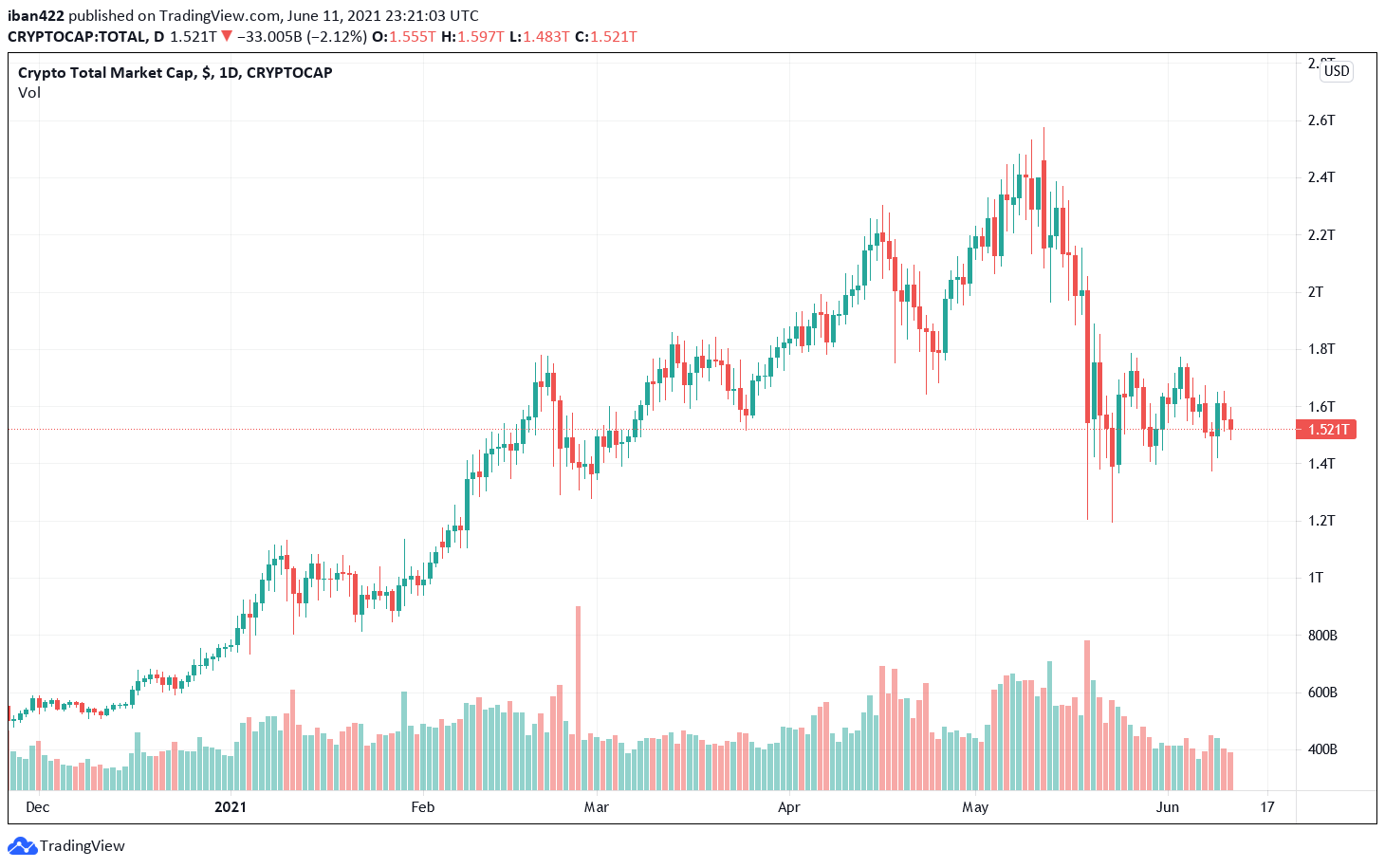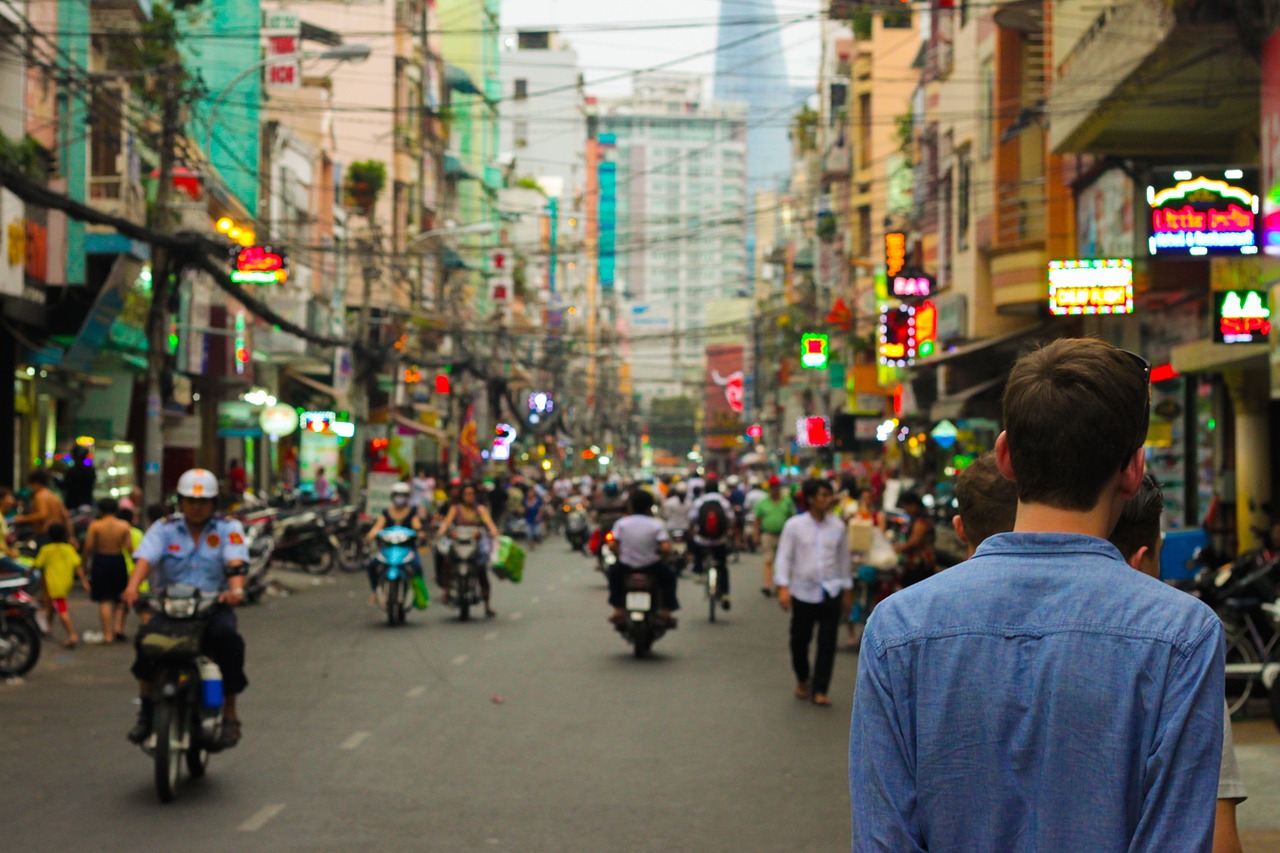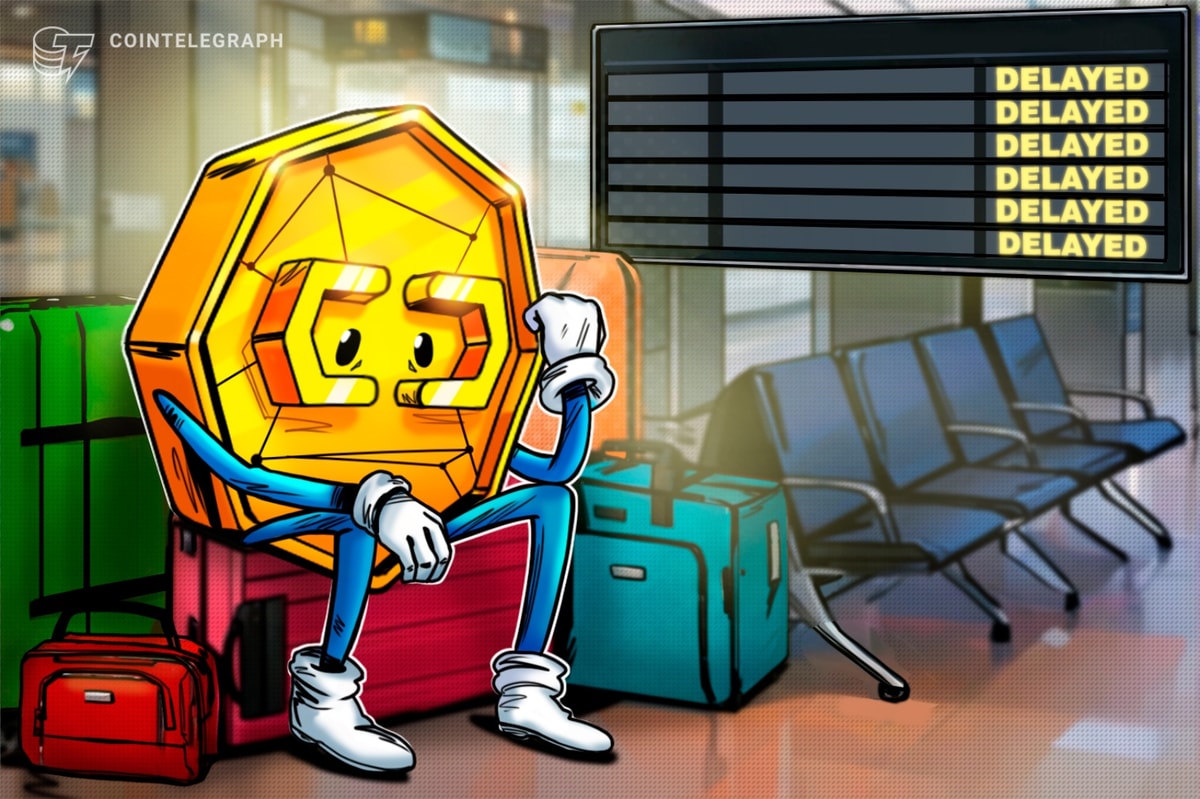Thailand’s Securities and Exchange Commission has issued guidelines barring crypto exchanges from supporting four different types of tokens.
No More NFTs Or Meme-Based Tokens
In a Friday announcement from the Thai SEC, the regulatory body said that Secretary-General Ruenvadee Suwanmongkol had approved crypto exchange guidelines, Notification 18/2564 on “Rules, Conditions and Procedures for Undertaking Digital Asset Business,” on Wednesday to go into effect. The new rules ban Thai exchanges from handling meme-based tokens, fan-based tokens, nonfungible tokens (NFTs) and exchange-issued tokens.
The SEC stated that any cryptocurrencies issued by exchanges must strictly correspond to the descriptions in their separate white papers, as well as any existing digital asset guidelines. If exchanges fail to achieve these requirements, the regulatory authority has said that the token will be delisted. Thai exchanges have 30 days to adjust their policies for listing tokens in order to comply with the new restrictions, according to the SEC.
This regulation move is said to harm tokens like Dogecoin (DOGE), a meme-based cryptocurrency whose price has surged dramatically in the previous year, and Bitkub Coin (KUB), the native token of the same-named local crypto market.
This year, Thailand’s Securities and Exchange Commission (SEC) has published a series of recommendations and pronouncements for individual traders and crypto businesses, some of which have sparked public outrage.
The regulatory body proposed a 1 million baht, about $32,000, minimum annual income requirement for crypto investment in Thailand, and officials have hinted that investors should be required to attend a cryptocurrency trading training course or pass a test to prove their knowledge.
Related article | Was Thailand’s Top Crypto Exchange Bamboozled by Bureaucracy?
Thailand Has Had A Complicated Relationship With Crypto
Thailand’s Securities and Exchange Commission has backed down on proposals to impose a 1 million baht (about $33,000) yearly minimum income requirement for crypto investing in the country.
The commission stated that the earlier draft paper was published to evaluate investor sentiment, according to a report published by the Bangkok Post.
The Thai SEC’s reversal comes in the wake of criticism from crypto players in Thailand, who claimed that the planned rule would keep low- and middle-income earners out of the cryptocurrency industry.
Clarifying the commission’s position on the matter, Ruenvadee Suwanmongkol, secretary-general of the Thai SEC, stated:
“I proposed the criteria that many considered too tough to prompt people to express their opinions on the matter and did not intend to say these are the exact qualifications that will be implemented.”
Thailand’s tourism agency concentrated on Japanese cryptocurrency holders in February, ostensibly in a move to resuscitate the economy during the pandemic (many nationalities are unable to enter the country without quarantining.) The Thai government, on the other hand, has proposed tougher Know Your Customer regulations, requiring exchangers to physically scan chips contained in Thai citizen ID cards.

Related article | Thailand’s Top Crypto Exchange Closes its Doors Unexpectedly, Sells BTC For $9k











